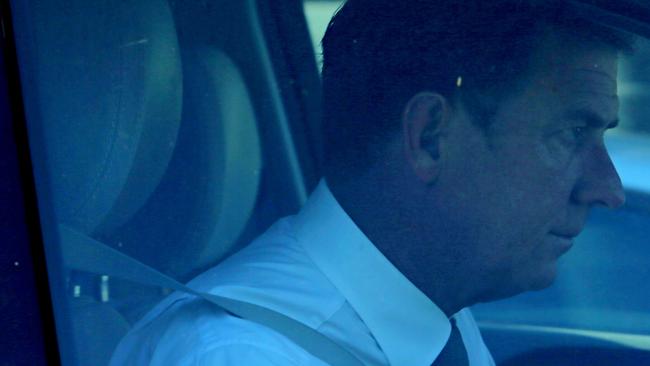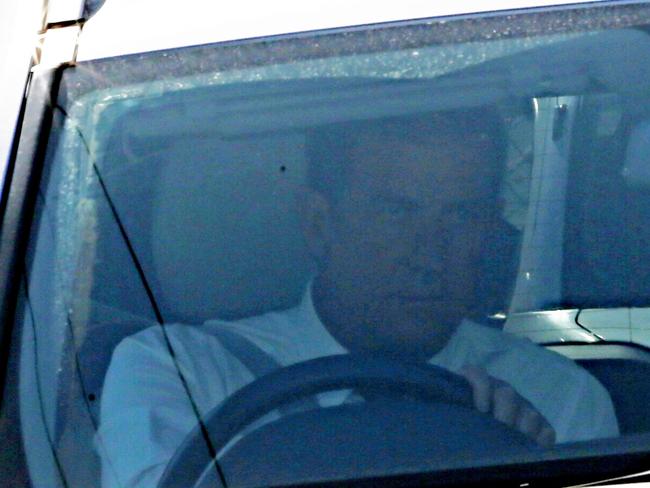Seven launches legal action to protect stars over Worner affair claims
CHANNEL Seven lawyers have launched an urgent legal action to keep the names of two of their on-air stars out of the sex scandal embroiling their CEO Tim Worner.

NSW
Don't miss out on the headlines from NSW. Followed categories will be added to My News.
CHANNEL Seven lawyers have launched an urgent legal action to keep the names of two of their on-air stars out of the sex-scandal embroiling their CEO Tim Worner.
Amber Harrison, a former high-flying executive assistant, has implicated two on-air personalities in a legal document detailing her affair with Mr Worner.
The names of those two women were published on a website this week prompting Channel Seven lawyers to sue for defamation and apply to the court for urgent orders for the article to be taken down.

Channel Seven special counsel Richard Keegan described the two women in court documents as Jane Doe 1 and Jane Doe 2
In a Statement of Claim sent to the website’s author Mr Keegan writes the first plaintiff is an actress that has worked for Channel Seven for 10 years while the second is an on-air host who has been employed by the television organisation for 13 years.
The man, who cannot be named for legal reasons, was ordered by the court to take down the article by 8pm on Wednesday but he hasn’t.
He also did not appear at the NSW Supreme Court this morning to give reasons on why the article should not be taken down.
In a post on his website, the man said the names appeared in legal documents lodged by Ms Harrison and it was “more than fair to report it”.
The news of the sex-scandal erupted this week when Ms Harrison went public with scandalous revelations about her 18-month affair with Mr Worner after negotiations for a financial settlement with the group broke down.

This morning in the Supreme Court lawyer for the Channel Seven Sandy Dawson said it was “very unlikely” that the man would “have even a modicum of material” to defend himself in the defamation case.
Justice Stephen Campbell agreed that Channel Seven appeared to have a strong case and the man’s behaviour had a “flavour of deliberate defiance of the orders”.
He continued his orders demanding the man take down the allegedly defamatory article and made further orders allowing “a person with the relevant IT skills” to remove the article remotely from his website.
That order is likely to be ineffective because it still requires the man to give the technician certain information before his website can be accessed remotely.
Justice Campbell also ordered the man to be referred to the court for investigation for possible charges of contempt.
The case will return to court next year.


